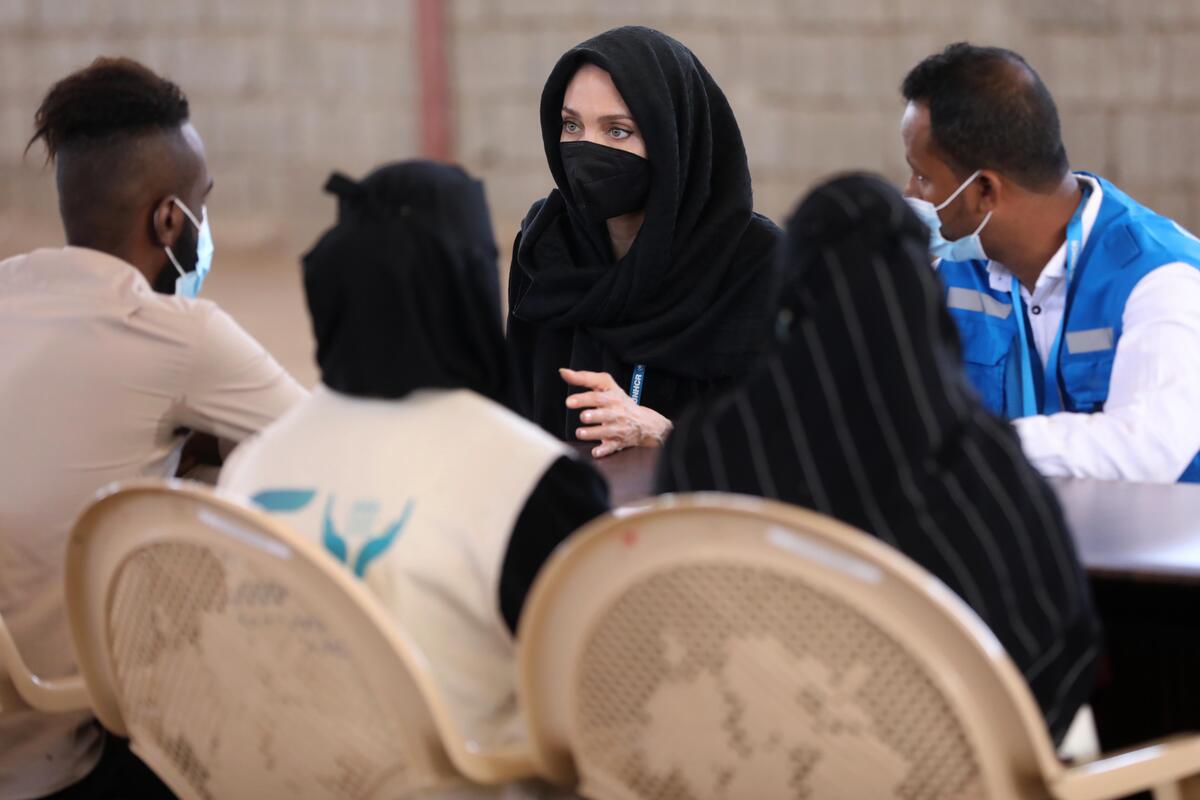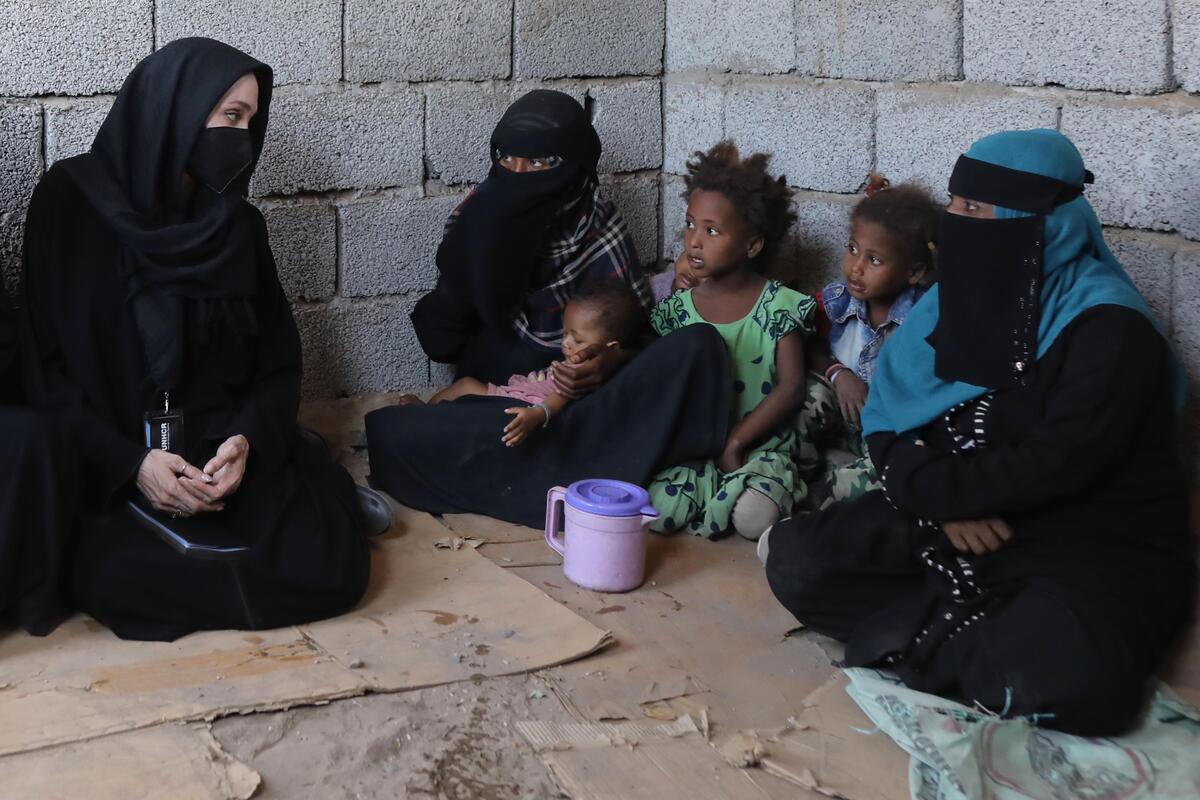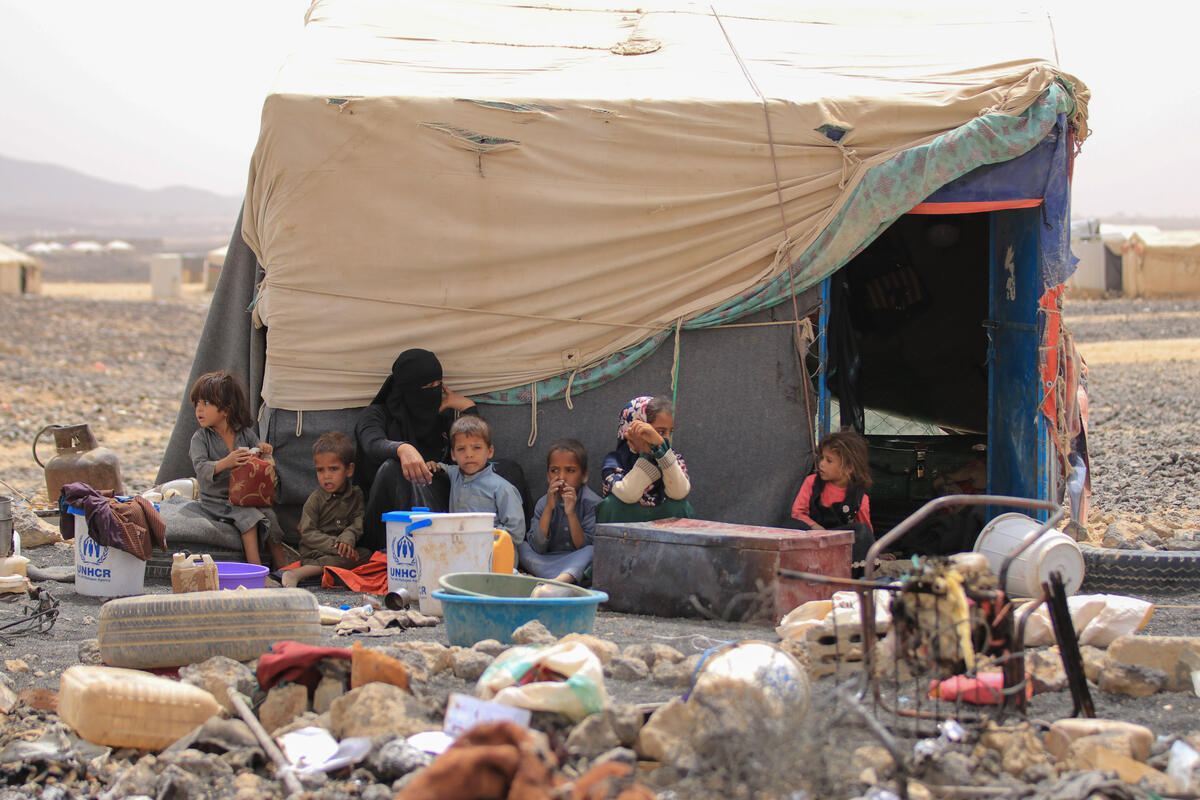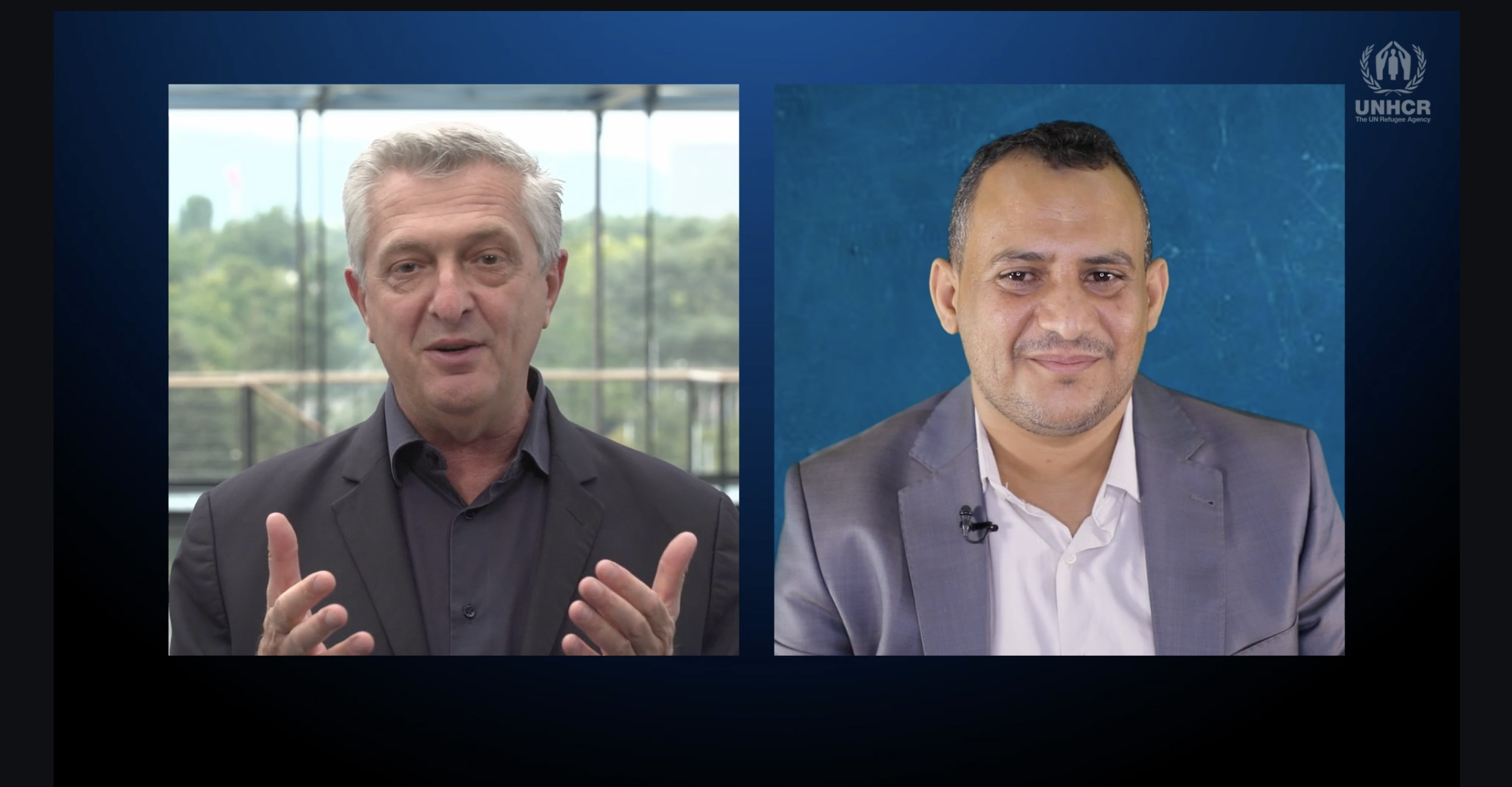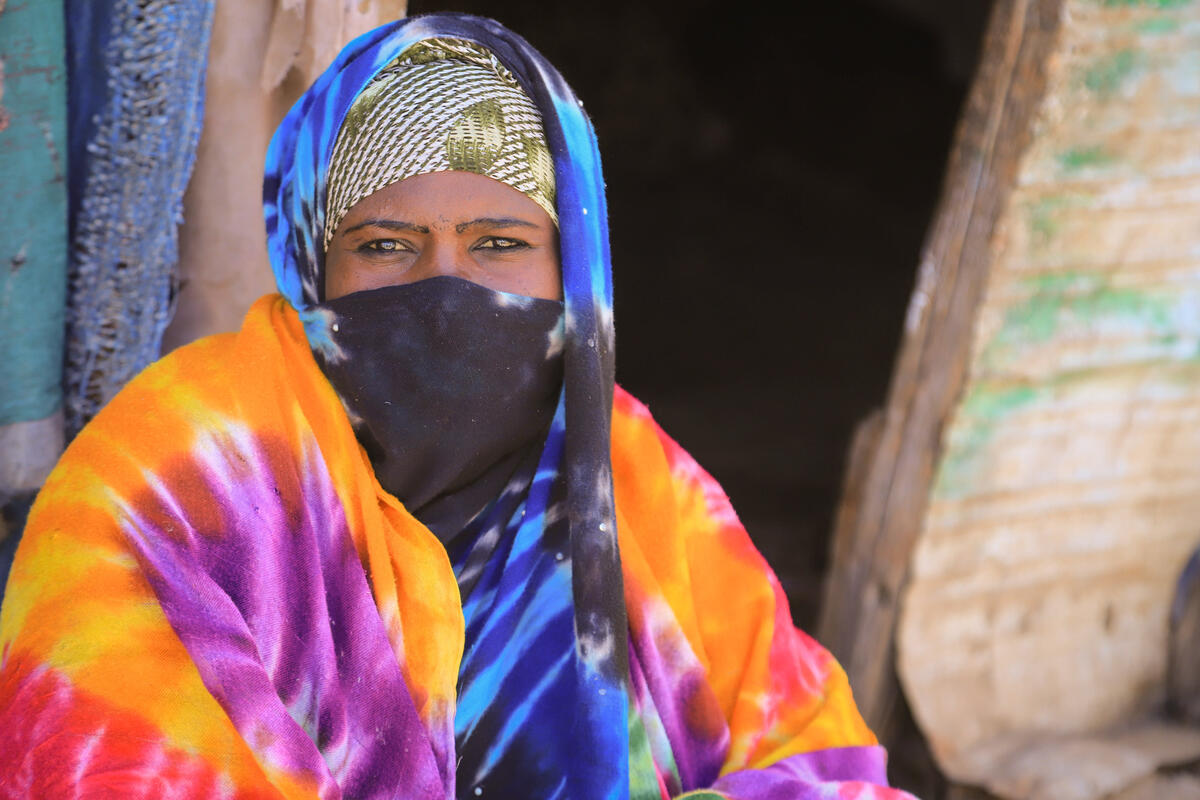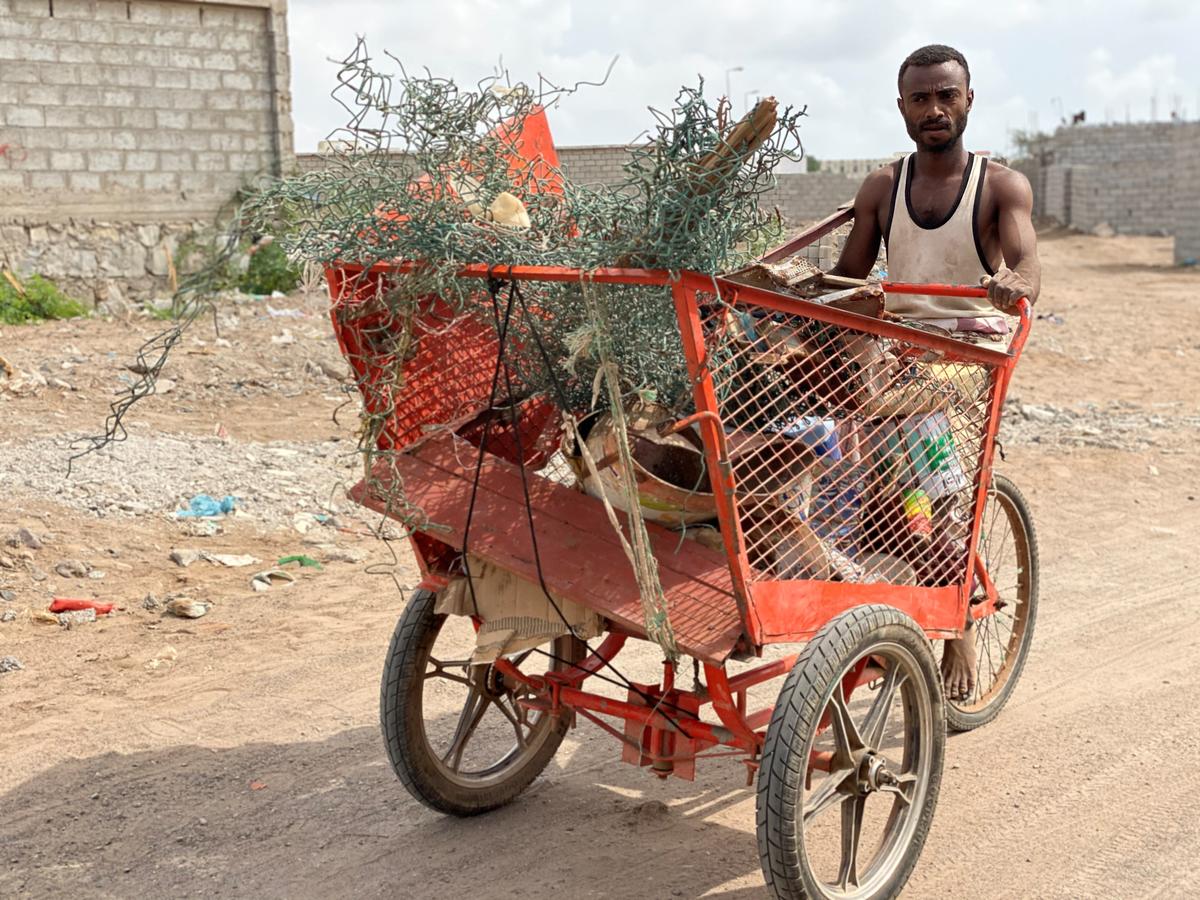United Nations leaders call on the Saudi-led coalition to fully lift blockade of Yemeni Red Sea ports
United Nations leaders call on the Saudi-led coalition to fully lift blockade of Yemeni Red Sea ports

Joint statement by WHO Director-General Tedros Adhanom Ghebreyesus, UNDP Administrator Achim Steiner, UN High Commissioner for Refugees Filippo Grandi, UNICEF Executive Director Anthony Lake, WFP Executive Director David Beasley, IOM Director General William Lacy Swing, and Under-Secretary-General for Humanitarian Affairs and Emergency Relief Coordinator Mark Lowcock.
Geneva/Rome/New York – The partial lifting of the blockade of Yemen’s Red Sea ports by the Saudi-led coalition in recent days is allowing humanitarian organizations to resume the provision of life-saving assistance to people in desperate need. Given the massive scale of Yemen’s humanitarian crisis, however, all this does is slow the collapse towards a massive humanitarian tragedy costing millions of lives. It does not prevent it. Without the urgent resumption of commercial imports, especially food, fuel and medicines, millions of children, women and men risk mass hunger, disease and death.
Ongoing commercial import restrictions have led to shortages of fuel, food and other essentials, driving up prices and devastating lives and livelihoods. The price of wheat flour has risen by 30 per cent, while the price of fuel has doubled and that of trucked water has skyrocketed by 600 per cent in some locations.
Urban water networks in seven cities have run out of fuel and now depend on humanitarian organizations to fill in the gap. Other cities will shortly be in a similar situation if the blockade is not lifted, which would leave 11 million people without safe water.
In other areas, people are reducing their food consumption to dangerous levels in order to pay for the rising cost of water trucking, or are turning to contaminated water sources to meet their basic needs. This further compounds the risk of disease, especially among children.
Less than half of the health facilities are functioning, and more hospitals and health centers will close should fuel and water supplies not improve. Sewage networks in six main cities are compromised, threatening a renewed spike in the country’s cholera outbreak, which has reached almost 1 million suspected cases and killed over 2,200 people.
Yemen remains on the cusp of one of the largest famines in modern times. Nearly 400,000 children suffer from severe acute malnutrition and face an increased risk of death. More than 8 million people could starve without urgent food assistance coming into Yemen. With 90 per cent of the country’s food imported, the lack of commercial imports through Red Sea ports would alone push a further 3 million people into starvation. The threat of widespread famine in a matter of months is very real.
This imminent catastrophe is entirely avoidable, but it requires immediate action by the coalition. While three ships carrying food have been granted permission to berth at Hudaydah port in recent days, four fuel tankers and ten ships carrying food have all been waiting for permission to enter port. Together, we call on the coalition to urgently open up all Yemeni Red Sea ports fully and to facilitate the entry and free-flow of humanitarian and vital commercial goods.
The United Nations is sending a team to Riyadh to discuss any concerns the coalition and Kingdom of Saudi Arabia may have in relation to these ports. But we need the coalition to urgently grant unimpeded access for imports that are a lifeline for millions of people.
For further information, please contact:
- OCHA: Russell Geekie, [email protected], +1 917 331 0393
- WHO: Gregory Hartl, [email protected], +41 79 203 6715
- UNDP: Christina LoNigro, [email protected], +1 212 906 5301
- UNHCR: Adrian Edwards, [email protected], +41 79 557 9120
- UNHCR: William Spindler, [email protected], +41 79 217 30 11
- UNICEF: Najwa Mekki, [email protected], +1 212 325 7448
- WFP: Steve Taravella, [email protected], +1 202 770 5993
- IOM: Leonard Doyle, [email protected], +41 79 285 71 23

